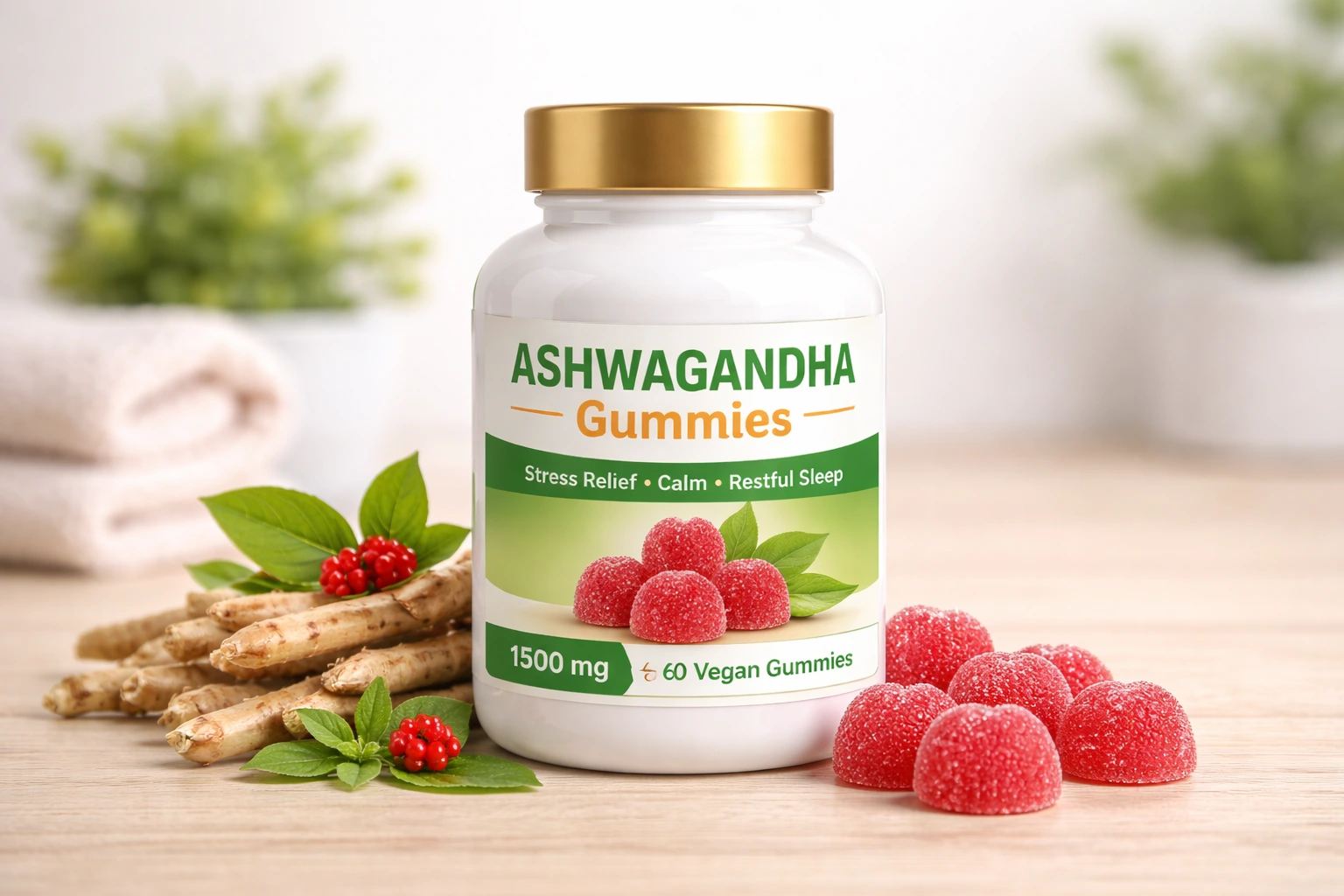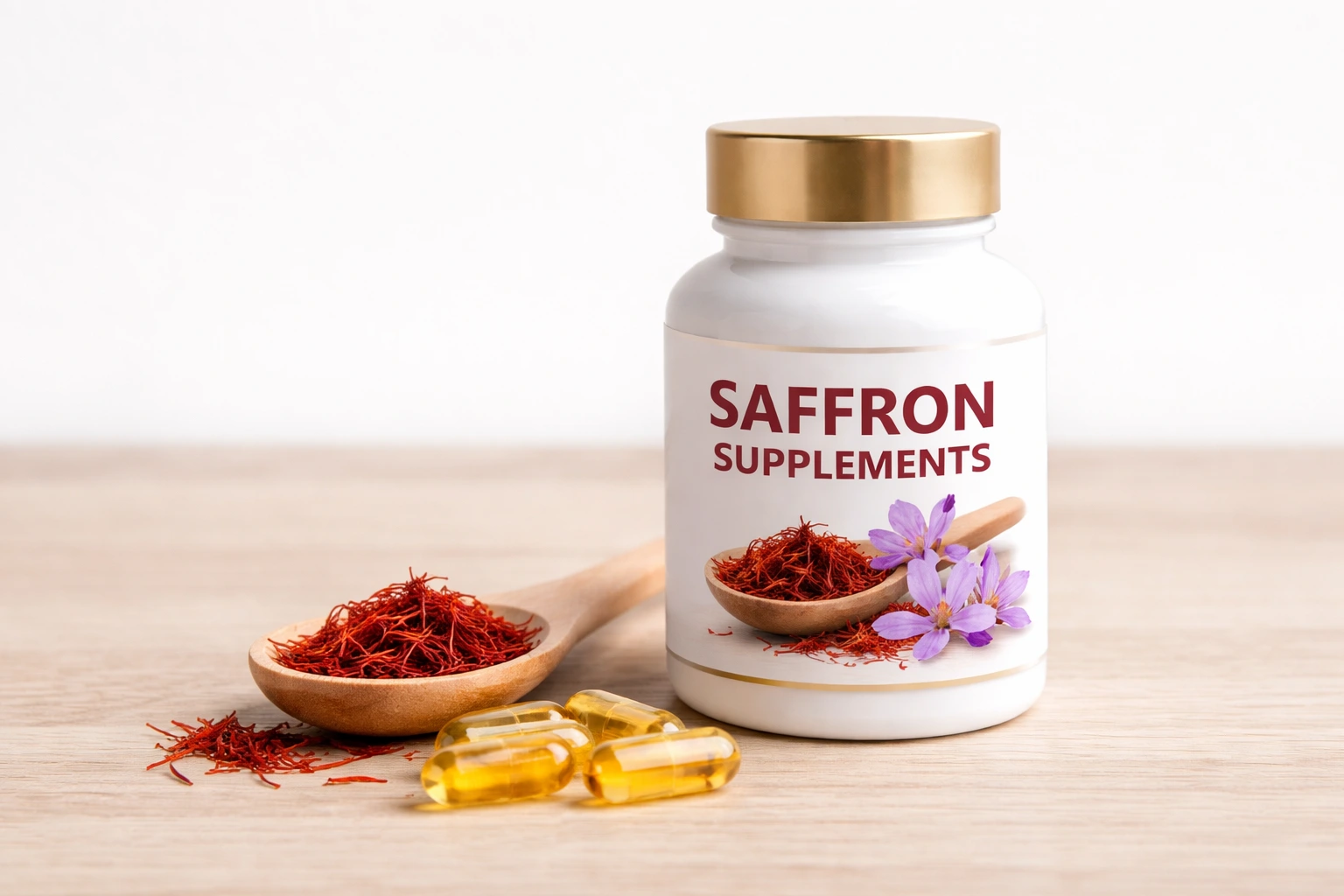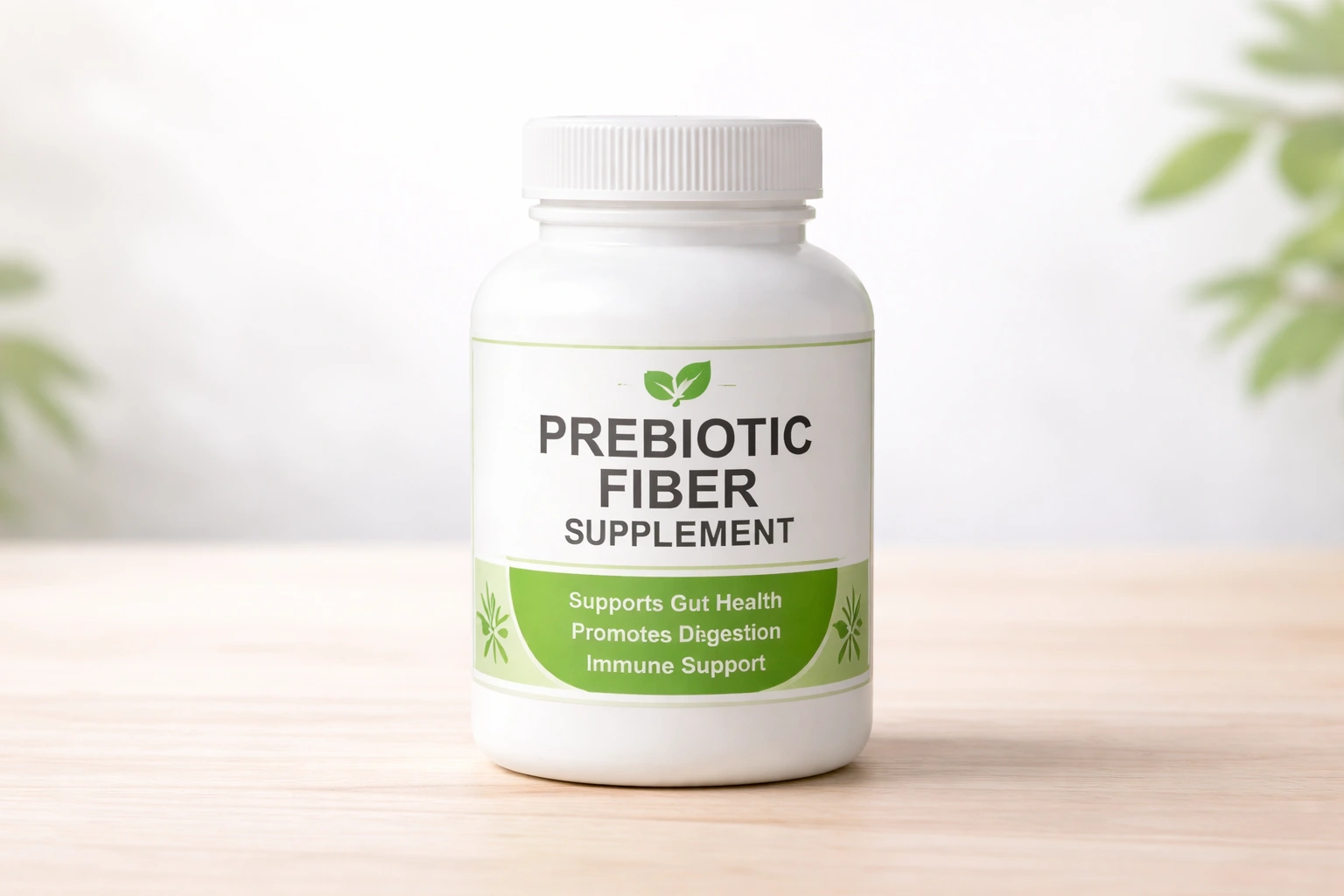Building a Healthy Foundation Through Lifestyle and Diet
Good health starts with the basics: maintaining balanced daily habits and adopting a nutritious diet. Sleep, exercise, hydration, and stress management form the foundation of wellness. Regular physical activity improves cardiovascular function, strengthens muscles and bones, and supports mental health. Adequate sleep allows the body to recover, repair tissues, and regulate hormones. Managing stress through mindfulness, yoga, or simply taking time to rest helps maintain emotional balance.
Diet is equally important. A well-rounded diet should include fruits, vegetables, lean proteins, whole grains, and healthy fats. These foods provide essential vitamins, minerals, fiber, and antioxidants that support immunity, energy production, and overall vitality. For example, leafy greens supply magnesium and folate, while nuts and seeds are rich in omega-3 fatty acids. Whole grains help stabilize blood sugar and support gut health.
In an ideal world, these daily practices would provide everything the body needs for optimal functioning. However, the reality is that many people struggle to maintain a consistently balanced lifestyle due to busy schedules, limited access to fresh foods, or cultural and dietary preferences. This is where supplementation can play a valuable role in bridging nutritional gaps.
Why Supplements Are Necessary in Modern Lifestyles
While a balanced diet remains the ideal source of nutrients, today’s fast-paced lifestyles often make it challenging to achieve optimal nutrition through food alone. Many people rely on processed or convenience foods that are high in calories but low in essential vitamins and minerals. Long working hours, irregular meal times, and limited cooking skills further contribute to dietary imbalances.
Environmental factors also play a role. Soil depletion has reduced the nutrient density of fruits and vegetables, meaning even a healthy diet may not provide the same level of vitamins and minerals as it once did. Urban living can limit exposure to sunlight, leading to vitamin D deficiencies, while pollution and stress can increase the body’s demand for antioxidants.
Moreover, certain populations have higher nutritional needs. Pregnant women require additional folic acid and iron to support fetal development. Older adults often face reduced nutrient absorption and may need extra vitamin B12, calcium, and vitamin D. Athletes may require more protein and electrolytes to support muscle recovery and endurance.
Supplements can help close these nutritional gaps by providing concentrated, reliable sources of essential nutrients. While they should not replace a healthy lifestyle, they act as a supportive tool, ensuring the body has what it needs to function at its best.
Key Supplements to Support Overall Health
When considering supplements to enhance overall wellness, it’s best to focus on products that address common nutritional gaps and provide broad benefits. Here are some of the most widely recommended options:
1. Multivitamins
Multivitamins offer a convenient way to cover a wide range of essential nutrients in one capsule or tablet. They are especially useful for individuals with busy lifestyles, limited diets, or higher nutrient demands. A good multivitamin ensures adequate intake of vitamins A, C, D, E, and B-complex, as well as minerals such as zinc and magnesium.
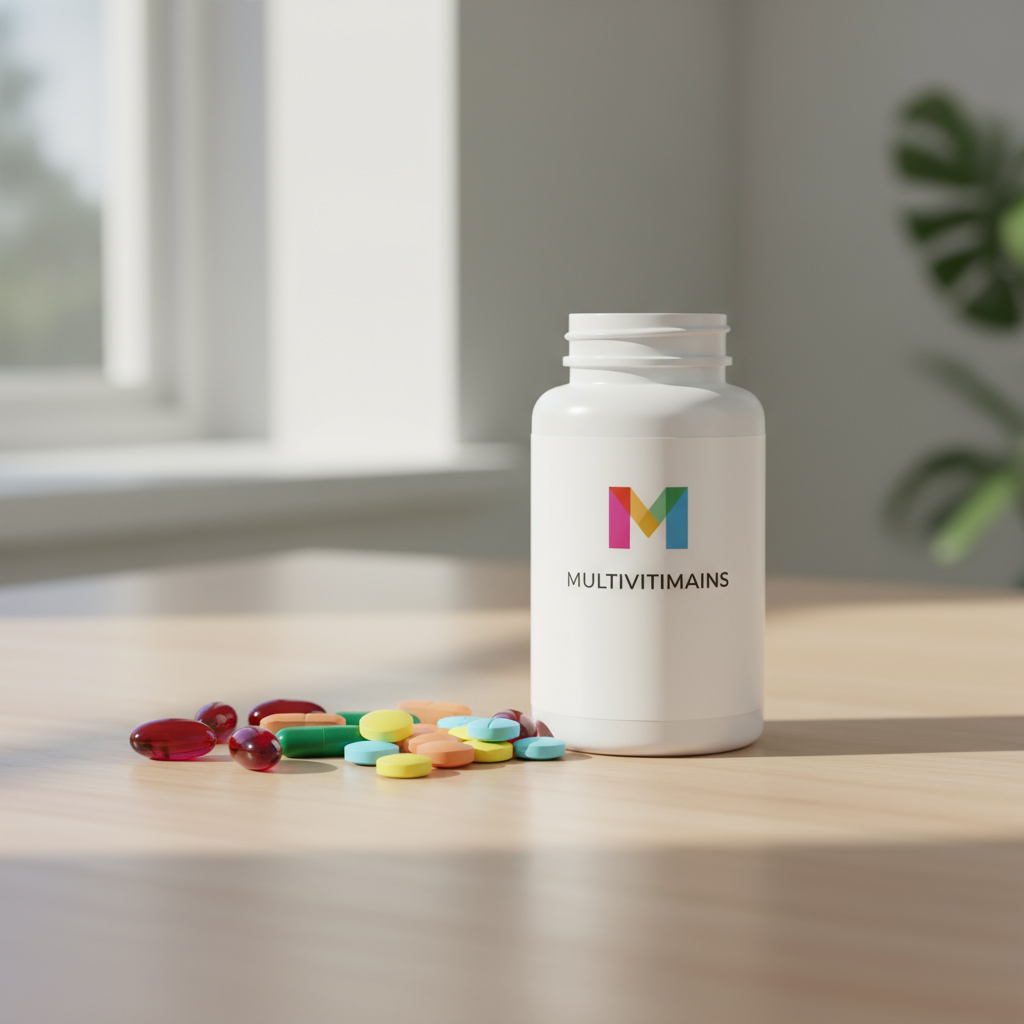
2. Omega-3 Fatty Acids
Found in fish oil or plant-based sources like flaxseed and algae oil, omega-3 fatty acids are vital for cardiovascular health, brain function, and reducing inflammation. Since modern diets are often deficient in these healthy fats, supplementation can significantly support long-term wellness.

3. Vitamin D
Often referred to as the “sunshine vitamin,” vitamin D is essential for bone strength, immune defense, and mood regulation. People who live in urban environments or spend most of their time indoors are at risk of deficiency, making supplementation a practical solution.

4. Probiotics
Gut health is increasingly recognized as a foundation for overall well-being. Probiotic supplements introduce beneficial bacteria into the digestive system, improving nutrient absorption, supporting immunity, and maintaining digestive balance.

5. Protein Powders
For individuals who struggle to meet protein needs through diet alone—such as athletes, older adults, or those with dietary restrictions—protein supplements provide an easy way to ensure sufficient intake. They help with muscle maintenance, recovery, and satiety.
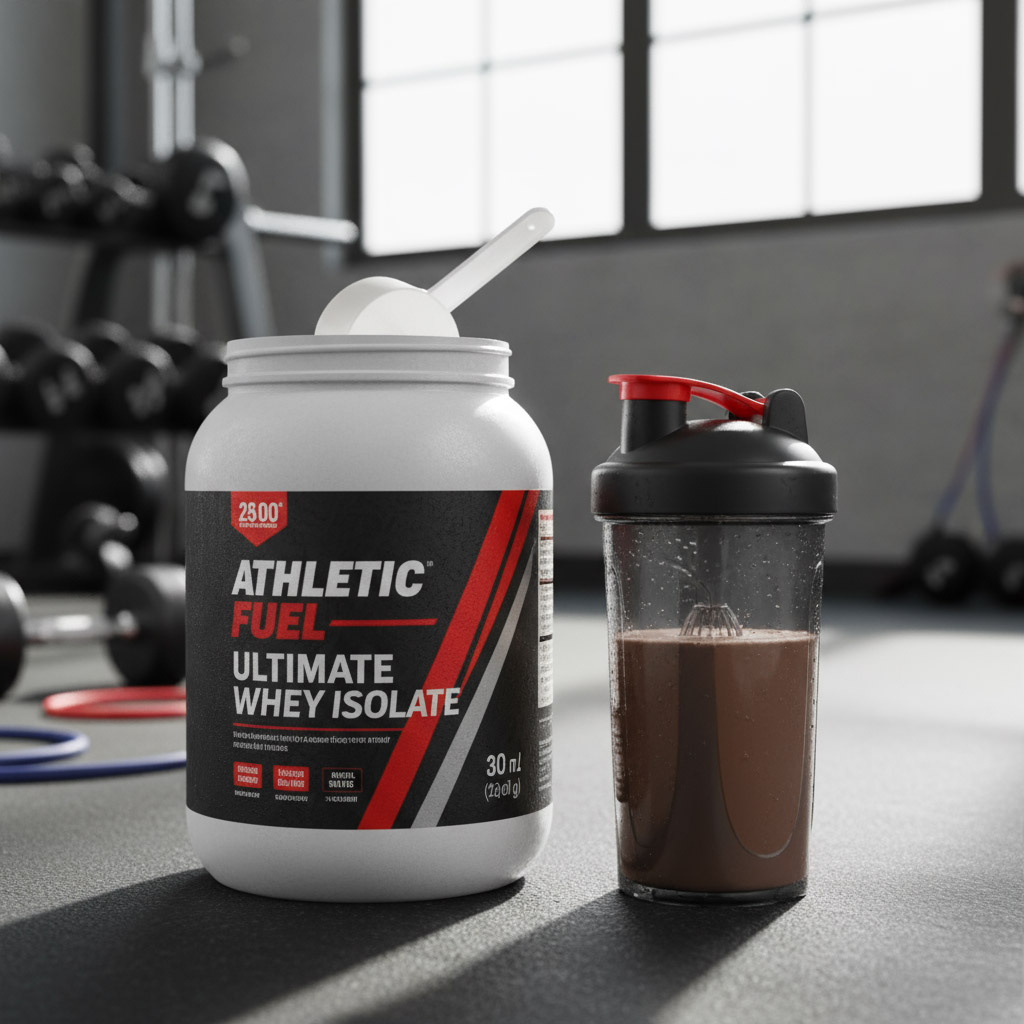
6. Specialized Supplements
Depending on personal health goals, some may benefit from targeted supplements like magnesium for relaxation, collagen for skin and joint support, or antioxidants like CoQ10 to promote energy and cellular health.
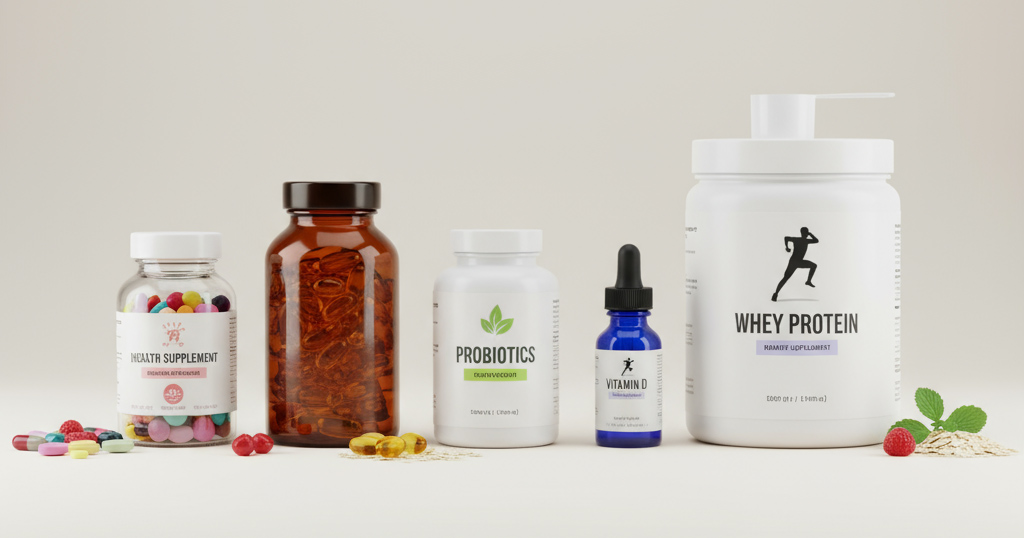
Together, these supplements can support physical vitality,mental clarity, and long-term health when combined with balanced lifestyle practices.
Important Considerations Before Taking Supplements
Although supplements can be beneficial, they are not without risks. To maximize their benefits while avoiding potential problems, it is important to approach supplementation carefully.
1. Quality Matters
Not all supplements are created equal. Poorly regulated products may contain inaccurate ingredient lists, contaminants, or fillers. Choosing supplements from reputable manufacturers with third-party testing ensures safety and efficacy. Looking for certifications such as GMP (Good Manufacturing Practices) or NSF International can help identify trustworthy brands.
2. Dosage and Balance
More is not always better. Taking excessive amounts of certain nutrients, such as vitamin A, iron, or fat-soluble vitamins, can cause toxicity and adverse health effects. Following recommended daily allowances (RDAs) and consulting a healthcare professional helps ensure safe use.
3. Individual Needs Vary
Everyone’s nutritional requirements are different. Age, gender, health conditions, and lifestyle influence which supplements are most appropriate. For example, an athlete may need extra protein, while an older adult might benefit more from calcium and vitamin D. Personalizing supplement choices prevents unnecessary or ineffective use.
4. Interactions with Medications
Some supplements may interact with prescription drugs. For instance, St. John’s Wort can interfere with antidepressants, while high doses of vitamin K may affect blood-thinning medications. It is crucial to check with a doctor or pharmacist before starting a new supplement, especially for individuals on long-term medication.
5. Supplements Are Not a Substitute for Healthy Living
Supplements should enhance—not replace—a balanced diet, regular exercise, sufficient sleep, and stress management. Relying solely on pills or powders without addressing lifestyle factors limits their effectiveness.
By keeping these considerations in mind, individuals can use supplements safely and effectively as part of a holistic wellness approach.
Building a Balanced Approach to Wellness
Achieving and maintaining good health requires a combination of consistent daily habits, mindful eating, and appropriate supplementation. Lifestyle factors such as regular exercise, restful sleep, stress management, and a diet rich in whole foods lay the foundation for long-term wellness. However, modern life often creates gaps that are difficult to fill with diet alone.
This is where supplements serve as valuable allies. Multivitamins, omega-3 fatty acids, vitamin D, probiotics, and other targeted nutrients can bridge deficiencies, enhance resilience, and support overall vitality. At the same time, supplementation should never be viewed as a shortcut or substitute for healthy living. Instead, it should complement a balanced lifestyle, helping individuals achieve better energy, stronger immunity, and improved well-being.
The key is personalization and responsibility—choosing supplements that align with individual needs, sourcing them from trustworthy brands, and using them under professional guidance. When combined with conscious lifestyle choices, supplements can play a powerful role in supporting health at every stage of life.
The path to optimal wellness lies in balance. By uniting the fundamentals of healthy living with the strategic use of supplements, individuals can cultivate both physical and mental resilience, paving the way for a healthier, more fulfilling life.

